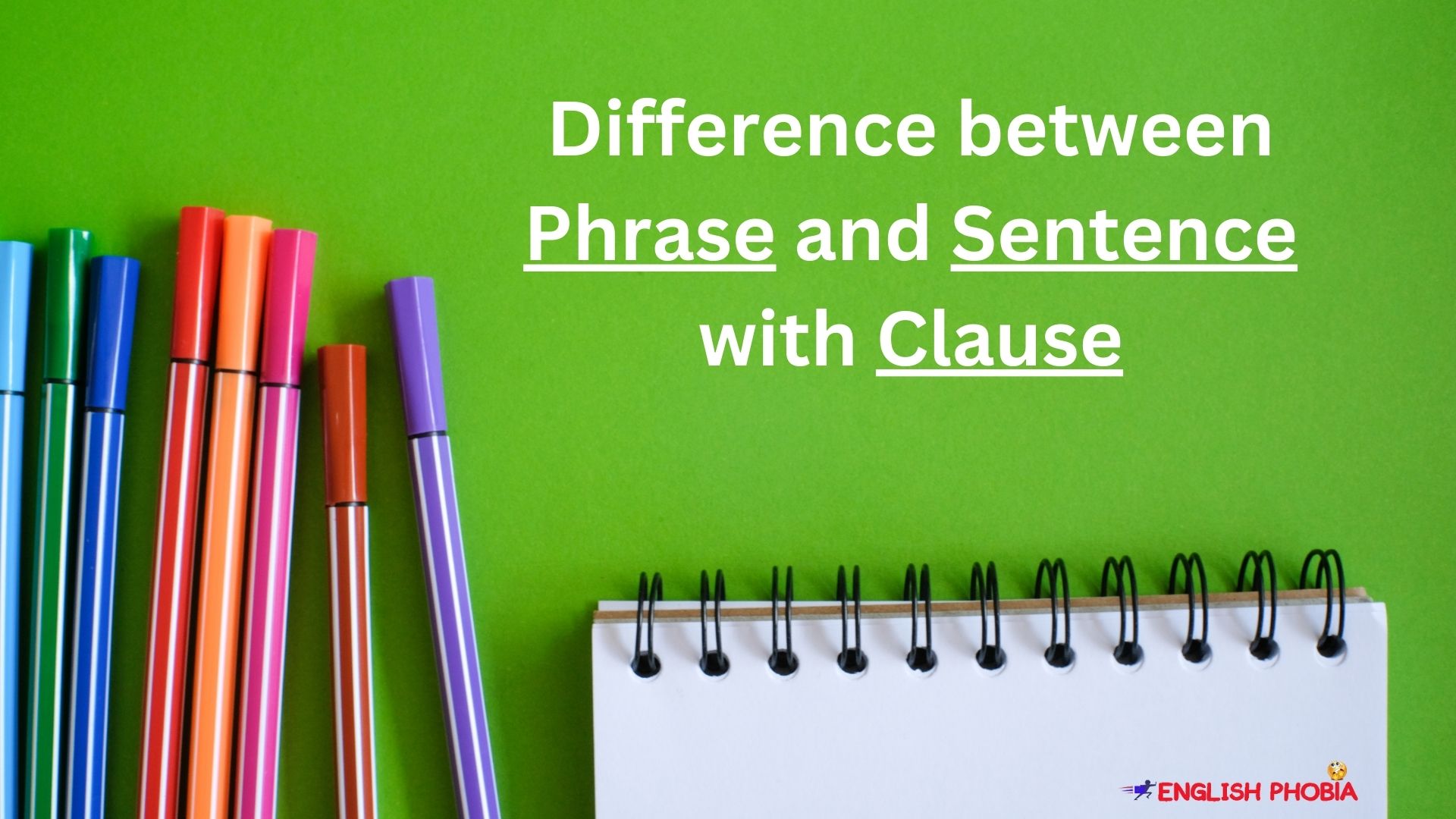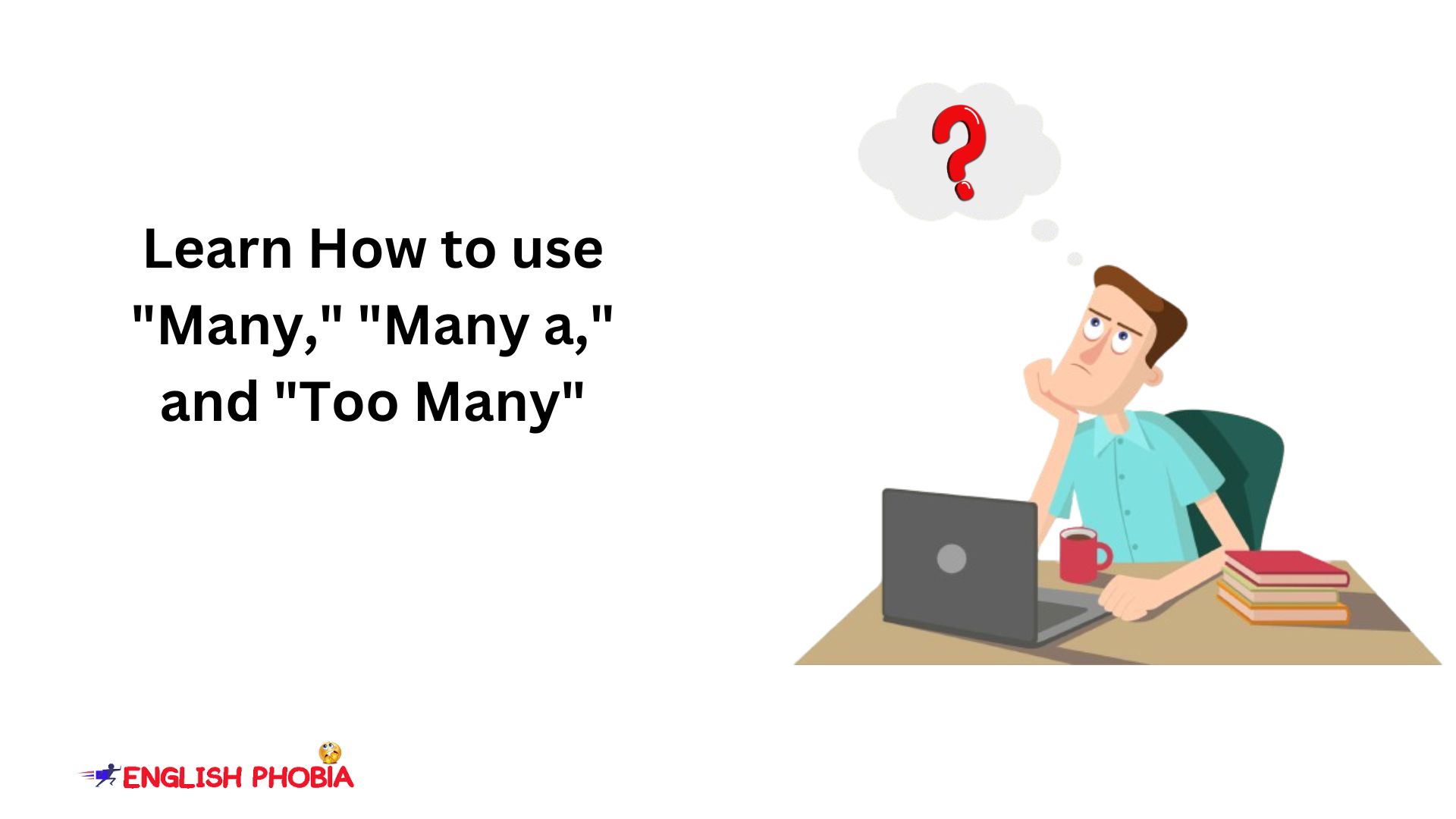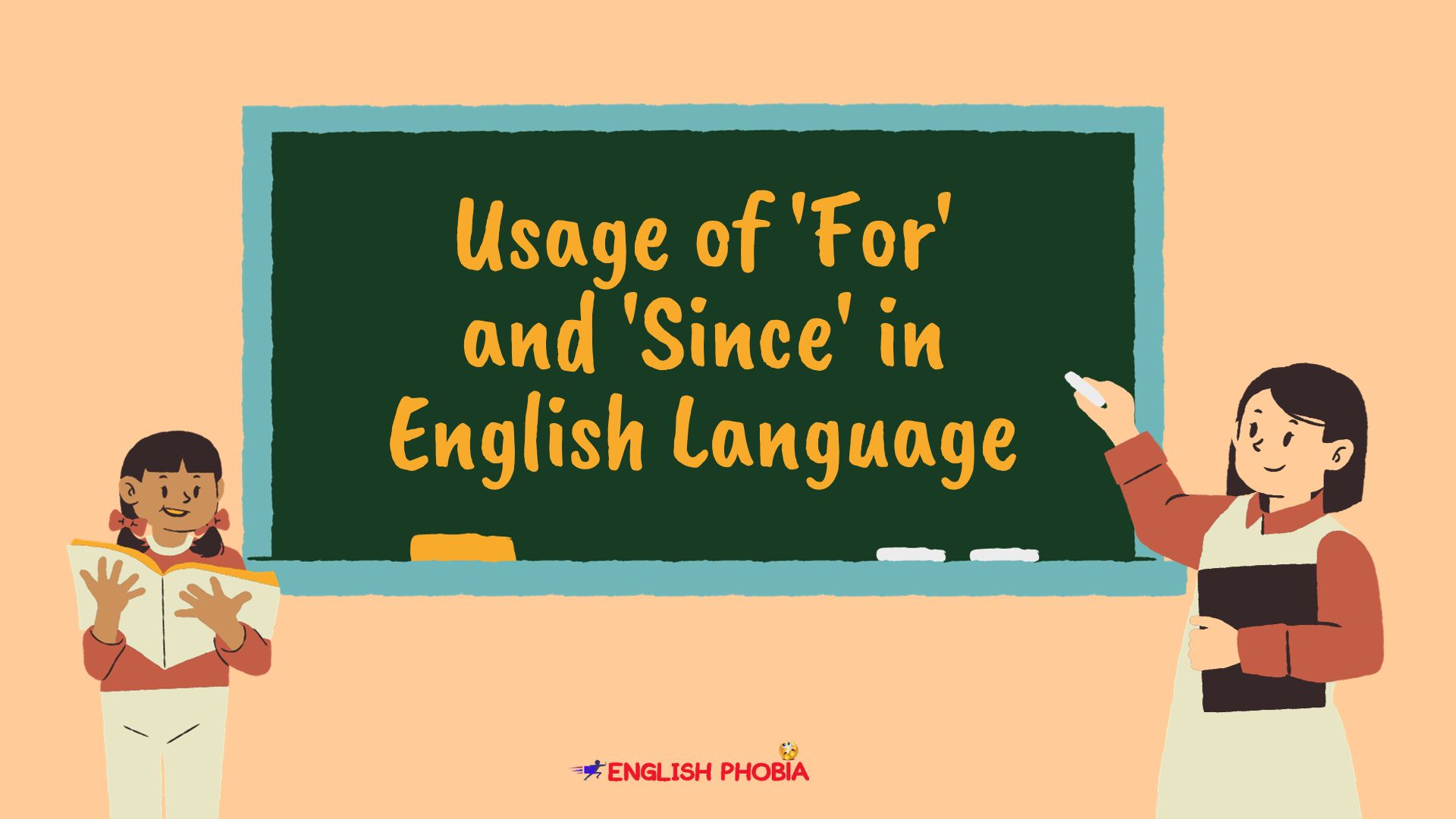In the world of language, understanding the difference between sentence and phrase with clauses is like unlocking the secret code of language. Each one serves a unique purpose, forming the building blocks of our everyday conversations and writings.
In this article, you are going to learn about clauses, sentence and phrase examples in a simpler, easier, and more effective manner.
What is a Sentence?
A sentence is a complete thought or idea expressed in words. It has a subject (who or what the sentence is about) and a predicate (what the subject does or what happens). Sentences are the superheroes of language. They stand alone and express a complete idea.
1) Declarative Sentences: They make statements or express facts.
For example,
“The sun shines brightly.”
2) Interrogative Sentences: They ask questions.
For example,
“Are you coming with us?”
3) Imperative Sentences: They give commands or make requests.
For example,
“Please pass the salt.”
4) Exclamatory Sentences: They show strong feelings or emotions.
For example,
“What a beautiful day!”
What is a Clause?
A clause is a group of words that has both a subject and a verb. Clauses can stand alone as a complete sentence or be a part of a larger sentence.
1) Independent Clauses: They express a complete idea and can stand alone as sentences.
For example,
“Roma was running to catch the bus.”
2) Dependent (Subordinate) Clauses: They don’t express a complete idea and depend on an independent clause to make sense.
“Because it was raining, they stayed indoors.”
A phrase is a group of words that go together, but they don’t form a complete thought by themselves. You can consider phrases just like puzzle pieces. Because they add more detail to sentences, yet require a sentence to complete its meaning.
Clause Phrase Difference
Phrases have neither a subject nor a verb. They are groups of words that function together as a single unit, but they do not express a complete thought. Phrases can act as nouns, adjectives, adverbs, or prepositions.
Types of Phrases:
1) Noun Phrases: They have a noun and other words that describe or modify it.
For example,
“The big, red apple.”
2) Verb Phrases: They contain a main verb and its helping verbs or modifiers.
For example,
“She is singing beautifully.”
3) Prepositional Phrases: They begin with a preposition and include its object and other words.
For example,
“In the morning, we go for a walk.”
Conclusion
Learning the difference between sentence and phrase with examples is important to use them correctly. A sentence in a complete statement that gives its full meaning. It contains a subject and a verb. While a phrase is a group of words related to one another. It does not have any subject or verb. We use phrases to add more information in a sentence.
By reading this article, now you have clear idea what sentence and phrase are in English. You can use phrases in your sentences to make them impressive. Thanks for reading!











